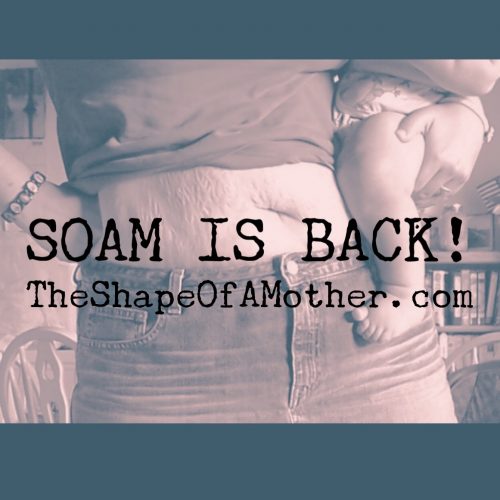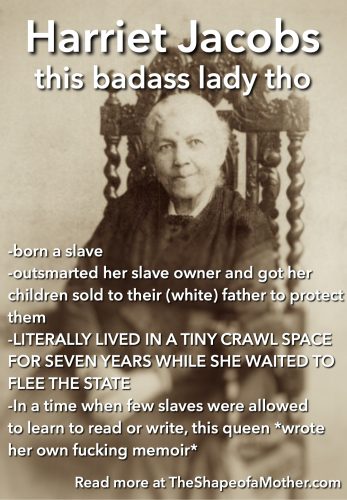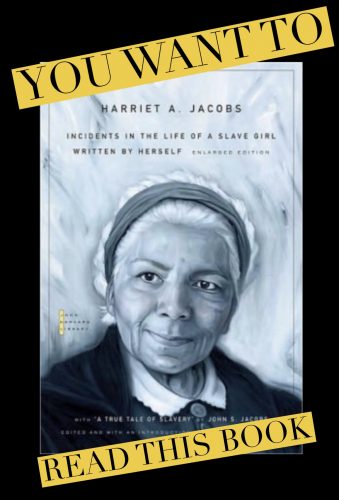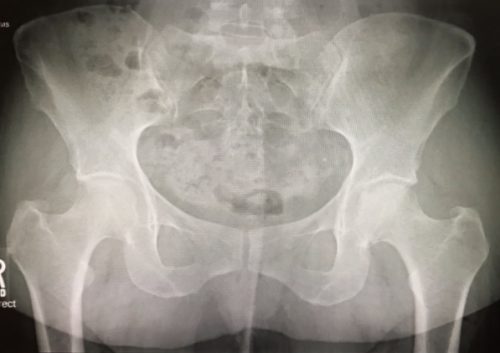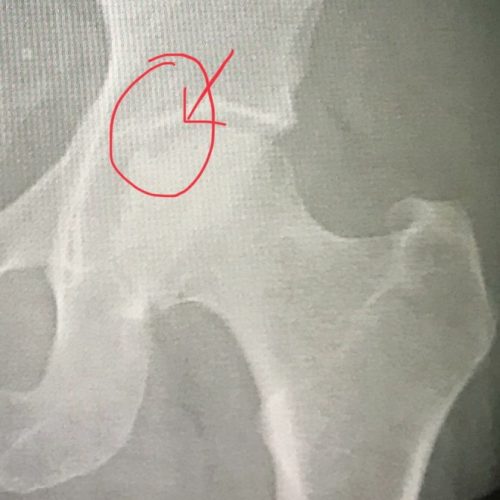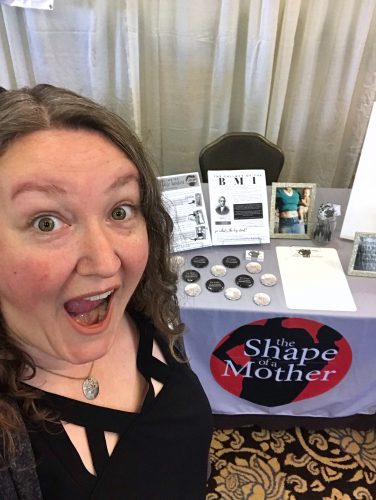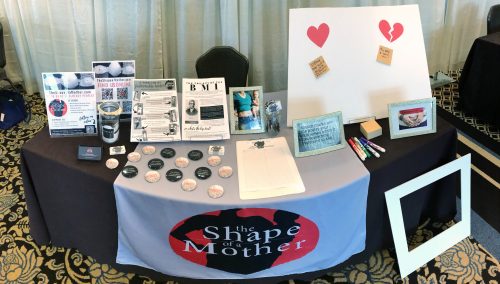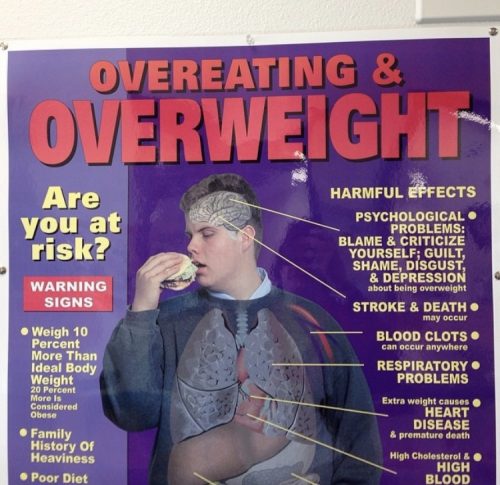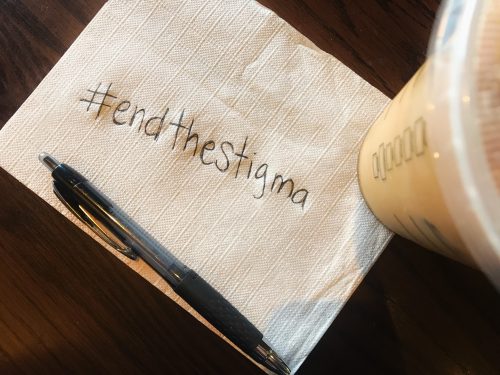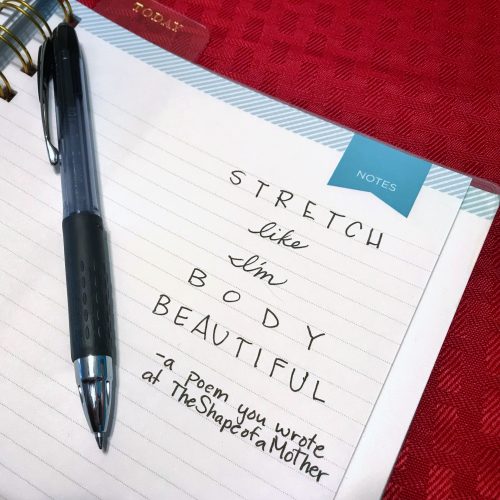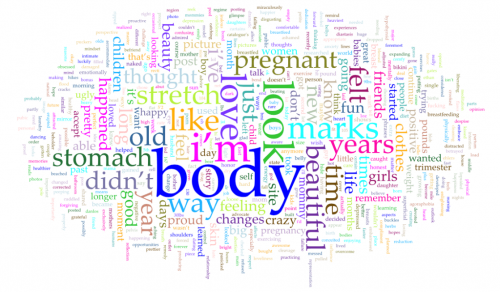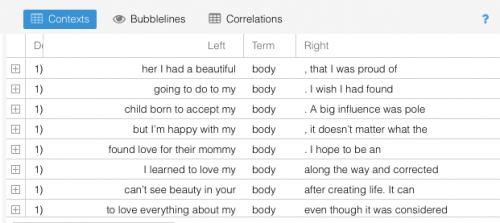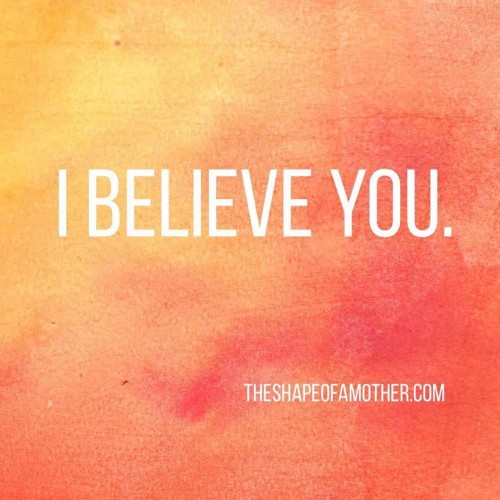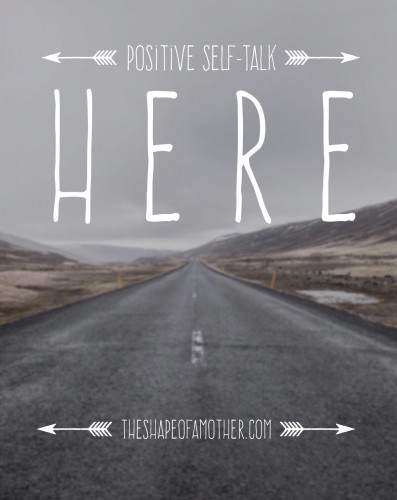
Last night at midnight California Governor Newsom issued an order that we must all stay home. I am freaked out. We all are. This is, legitimately, freaky. We have never, in all of human history, faces this sort of global lockdown. I believe the professional phrase for this is, “what the actual fuck?”
As I am bringing back Feminist Fridays, it seems apropos to make today’s issue focused on Coronavirus through a feminist lens. And because feminism isn’t feminism if it’s not intersectional, there is information here for other marginalized communities too. Please read it to broaden your mind and pass it along so that those who need them can access resources.
We’re gonna get through this. Humans are incredible creatures with great capacity for flexibility and adaptation. We’ve got this.
Love to you all.
Domestic violence:
“One out of three women in the world experience physical or sexual violence in their lifetime” This article from Time lays out a lot of the challenges facing those living with domestic violence right now.
If you or someone you know is experiencing domestic violence, contact the National Domestic Violence Hotline via text or call at 1-800-799-7233.
(I would like to add acknowledgement to those other, unspoken, abuses like having to live in a hoarder home at this time. I spent my childhood in a hoarder home and wasn’t allowed outside much anyway, but to be fully trapped in one would be even more soul-crushing. And I’m sure there are plenty of other sorts of abuses that people don’t normally think of. I see you. I wish I had more information for you. But I see you and I send you strength and love.)
Women will be harmed more from this crisis, economically and socially, than men.
This is an excellent article from The Atlantic that covers a *lot* of details in a very clear and well-organized way. It explains how the ultimate social responsibilities will fall to the women, as we are traditionally known for our unpaid labor and caregiving. It will also harm us economically more than men. I highly recommend this article.
This New York Times article talks about some of the same things, but focuses on women as healthcare providers, or caregivers, and thus being more at risk of the illness than men, since women are on the front lines more.
Transgender Friends:
Here is a resource with some information and further resources.
Other Marginalized Communities:
NPR has an article from March 11 on how refugees across the world are at particular risk and without protections.
Here is a story from CBS News about the immigrants here in the US that are being held by ICE. Yes, what they are being held in does, in fact, meet the dictionary definition of a concentration camp. And now they are going to be decimated by this disease. This is Nazi Germany, y’alls.
Autistic people, both children and adults, are also particularly at risk during this time. In addition to being a marginalized, disabled community and having all those complications, autistics are also struggling with accessing food they can eat. Often in autism, people have very limited diets and cannot simply switch to a different kind or brand. I do not exaggerate when I say that some autistic people will die of starvation if they cannot access their usual foods. Toilet paper is also sending my house into a tizzy because we cannot with poop. Potentially running out of toilet paper could be a disaster for my family (which is why, if you are *hoarding* toilet paper, I hate you a little bit right now).
I’ve also seen reminder memes going around requesting that autistics be allowed to stim more. Stimming is any sensory stimulation that calms or helps to physically express emotion. The hand flapping that autistics are classically known for (although not all of us do it) is one example.
Why is any of this here at SOAM? How is this related to postpartum body positivity?
Well, lots of reasons. For one thing, we don’t live in a vacuum; everything is interconnected. The Atlantic article I posted above shows a little how this issue – coronavirus – affects so many different aspects of women’s lives. But more than the sheer interconnectedness, it’s important to remember that intersectionality can be particularly heavy for those of us with more than one oppressed identity. All women are at risk from social, medical, and economic problems caused by this virus. But disabled women will be more oppressed. All people with disabilities will be facing more life complications than people who are abled bodied and minded, but women with disabilities will be facing even further limitations. The more oppressed identities you hold, the harder it will be for you during this time. All issues are women’s issues. All issues are feminist issues.
